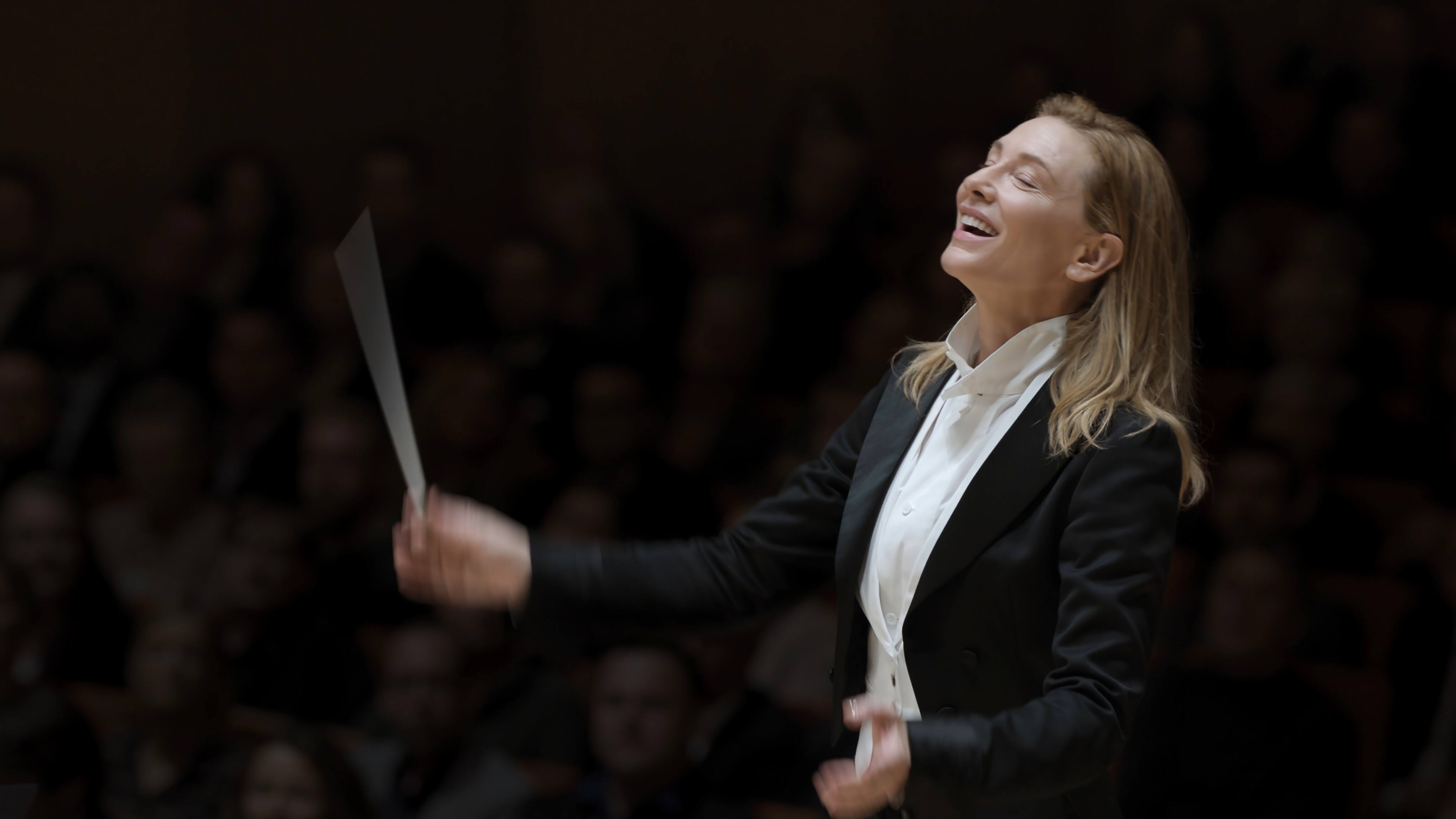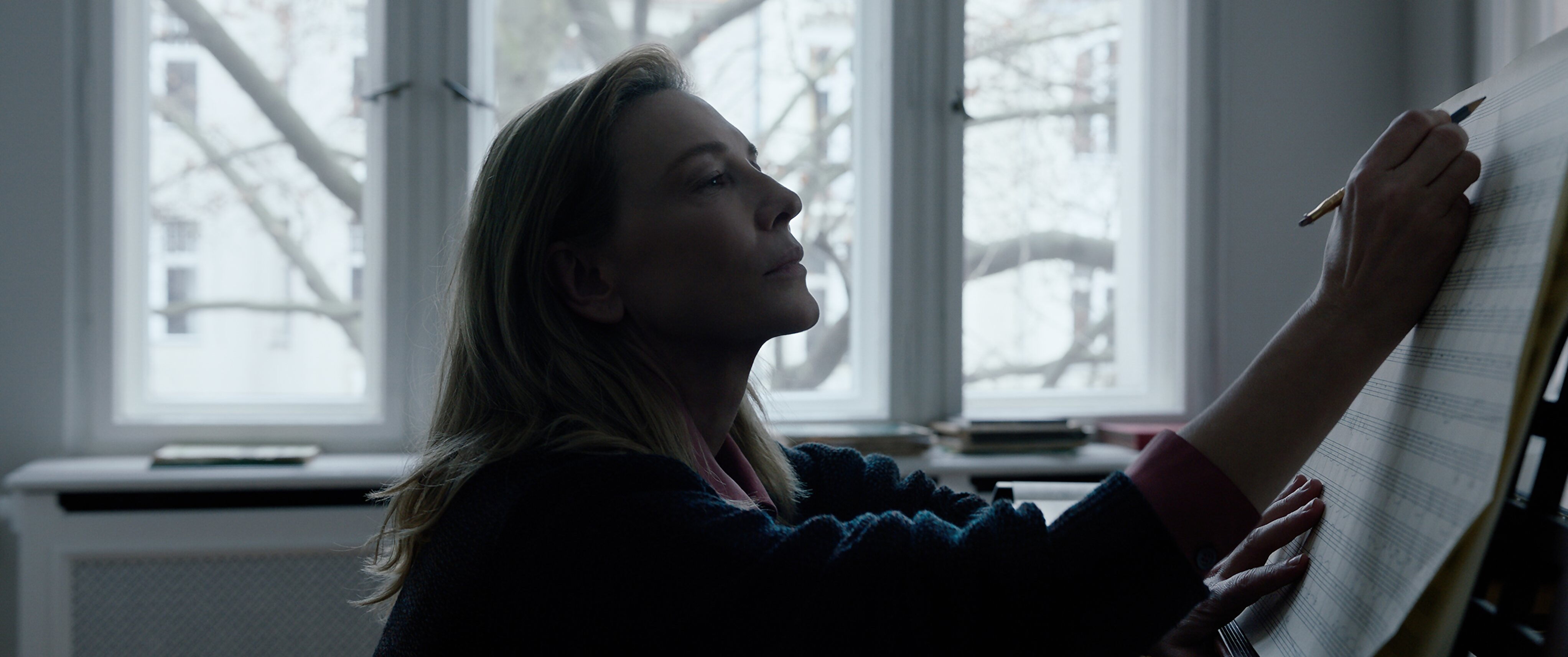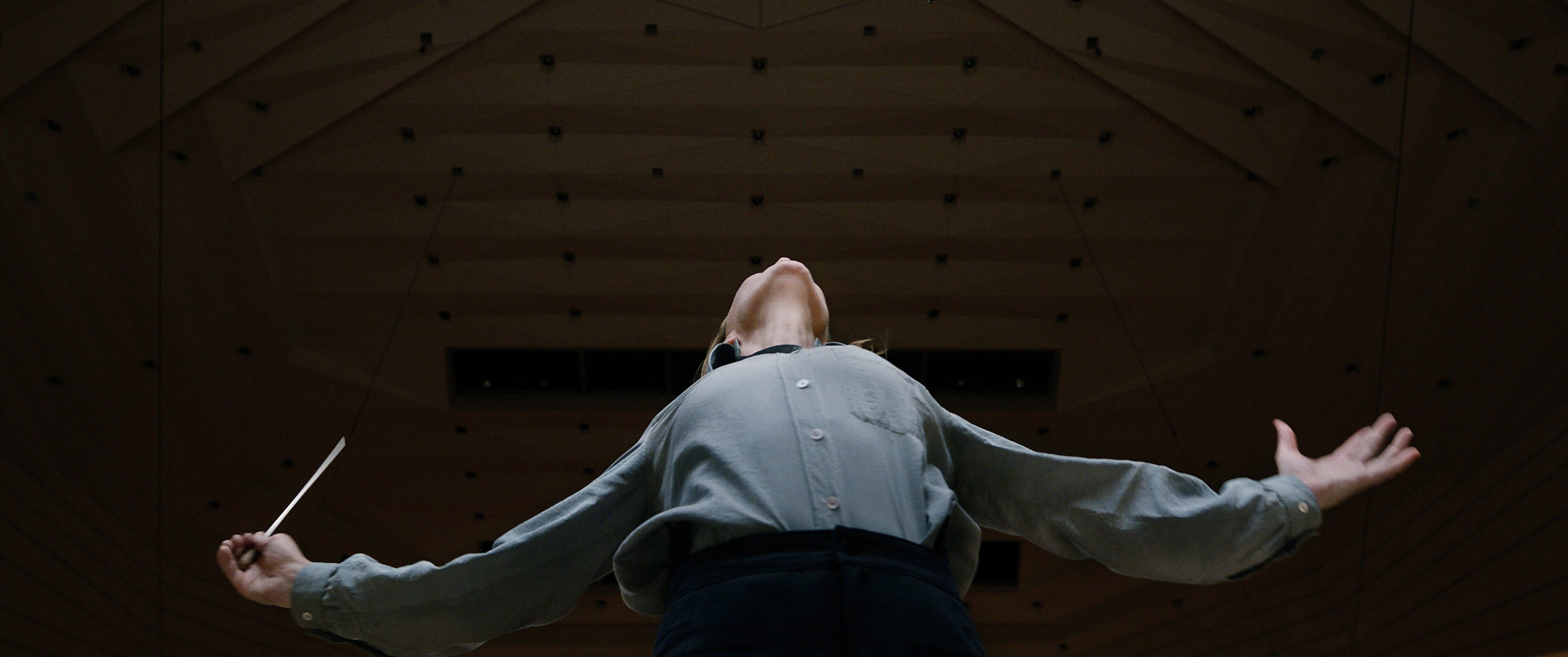
★★★★☆
Lydia Tár (Cate Blanchett) is a brilliant conductor. She’s renowned, idolised and fully aware of how remarkable she is. She has the entire music industry wrapped around her little finger, and she’s currently rehearsing for a live recording of Mahler’s Fifth Symphony.
However, Lydia’s carefully curated, seemingly perfect life begins to unravel after an old student commits suicide and Lydia is accused of grooming. At the same time, Lydia spots an ambitious new cellist (Sophie Kauer), whom she arranges to be a part of her orchestra.
On the surface, Tár is certainly about cancel culture, but to label it just as such would be a disservice to the magnificently challenging, intriguing and devastating film director Todd Field has crafted here. Even Martin Scorsese is a fan of the film, which will win several awards in the next two months.

Credit: Universal Pictures
Nothing about Tár is easy. It’s a film that requires digesting and questioning; whose story is this? Where do our sympathies lie? Field’s film constantly negotiates the relationship between power and brilliance and how they affect each other. Yes, Lydia is arguably a brilliant conductor, but with success comes power, and she’s abused that power.
At no stage does the film outright justify Lydia’s actions, nor does it condemn them. This isn’t a film so much about justice but a character study of an incredibly flawed, mysterious and intriguing individual.
As Lydia, Blanchett is nothing short of magnificent. Her searing performance as the maestro is urgent and compelling but also considered. Blanchett’s performance here is the equivalent to the symphonies Lydia is rehearsing with her orchestra; intricate, layered and composed of several different elements, which sometimes work, sometimes clash but always create an interesting, memorable melody.
While this is without a doubt Blanchett’s film – she’s in every scene and dominates the screen with almost feverish energy – Noémie Merlant and Sophie Kauer provide excellent support. Merlant, so captivating in Portrait of a Lady on Fire, is especially nuanced as Lydia’s assistant. Their relationship is vague and ambiguous; has Lydia asked for sexual favours in exchange for professional ones?

Credit: Universal Pictures
Indeed, there might be more questions at the end of Tár than there are answers. Field’s script might be murky on morals, but his direction is clear. Tár could have been a fatally serious film, but there are several instances where laughter brings in some relief from the film’s otherwise suffocating atmosphere.
Field tackles gender very early on, in the very opening scene in which Lydia is on stage for a talk with The New Yorker’s Adam Gopnik. Lydia highlights several women conductors (including Marin Alsop, who isn’t a fan of the film) before saying she isn’t interested in making a spectacle of her gender.
Lydia also introduces herself as her adoptive daughter’s father to a school bully and calls herself a “U-Haul lesbian”. Indeed, Lydia Tár shares several attributes with successful men, not least her predatory habits of targeting attractive young orchestra members. Tár certainly looks at, yet never answers, the timely and timeless question of whether we can separate the art from the artist. It might prove frustrating that Field never really resolves any of the questions he asks with his film, but aside from answers, Tár is a rich experience all around.
Ultimately, Tár must be seen, experienced, to be believed. Much like its central character, Tár is thorny and difficult yet uncompromising and dazzling in its superiority.
Tár is in UK cinemas on 13 January.



